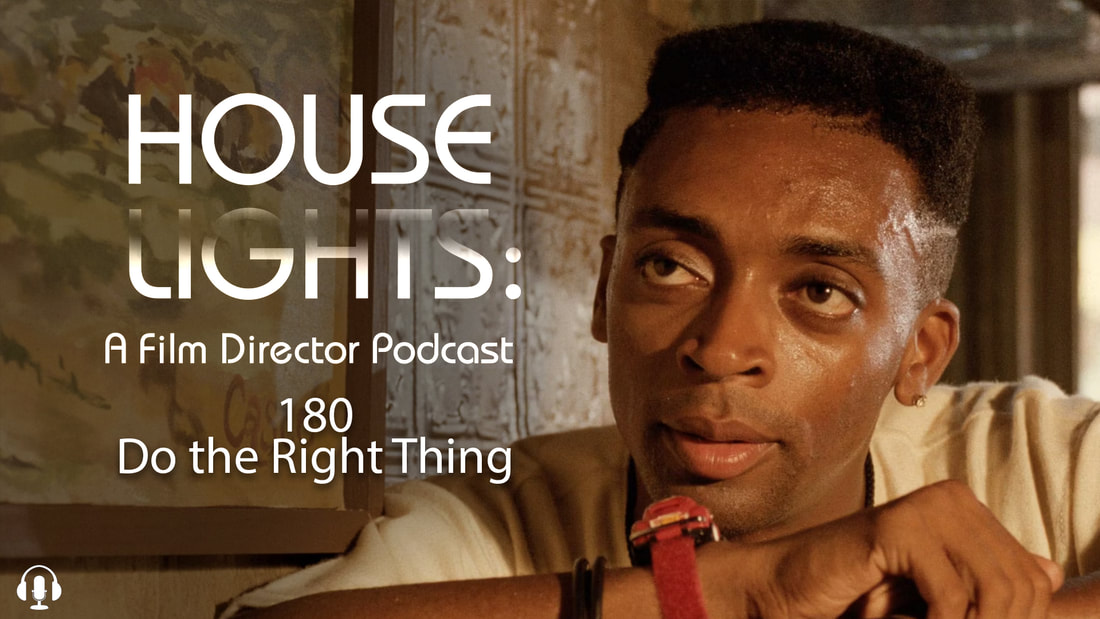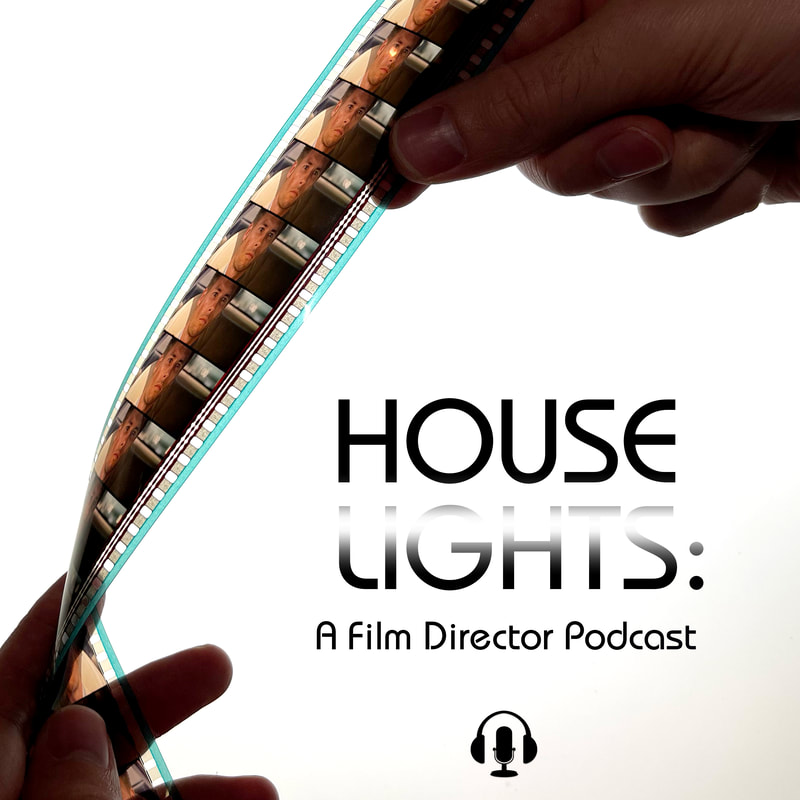|
“Godzilla” (1998) stands as a visually impressive but polarizing entry in the Godzilla franchise. While it delivers spectacle and thrills, it falls short in character development and faithfulness to the original concept of Godzilla. The film is a mixed bag; it is enjoyable for its action and special effects but lacks narrative depth and character engagement. For some, it’s a nostalgic piece of late-90s blockbuster cinema; for others, a missed opportunity to do justice to one of the most iconic monsters in film history.
Emmerich’s direction ensures a brisk pace, balancing explosive action sequences with moments of tension and character development. The screenplay, co-written by Emmerich and Dean Devlin, skillfully interweaves multiple storylines, creating a tapestry of global perspectives. This approach not only heightens the stakes but also fosters a sense of worldwide camaraderie, a theme poignantly encapsulated in President Whitmore’s rousing speech rallying humanity to fight back on July 4th.
Stargate is a must-watch for sci-fi enthusiasts and anyone who enjoys a good adventure. Its blend of mythology, science fiction, and action makes it a timeless classic that continues to captivate audiences. The film’s impressive special effects, engaging storyline, and memorable characters make it a standout in the sci-fi genre.
“Universal Soldier” excels as an action-packed sci-fi film with a unique premise and memorable set pieces, but it falters in narrative cohesion and character development. Van Damme and Lundgren fans, or those with a penchant for ’90s action flicks, will likely find much to enjoy. For others, the film may feel like a relic of its time, offering more spectacle than substance.
*This movie deals with sexual assault.*
“Moon-44” is an ambitious film that reaches for the stars but ends up getting lost in a black hole of its own making. It’s a reminder that not all that glitters in space is gold—sometimes, it’s just a floating piece of space junk. If you’re looking for a film to watch, this one might just make you want to leave the planet.
“Da 5 Bloods” is a film with noble intentions and some truly powerful moments, but it doesn’t always hit the mark. It’s a mixed bag that will resonate with viewers who appreciate its historical context and social commentary, but may leave others feeling unsatisfied with its uneven pacing and narrative complexity. It’s a Spike Lee joint that sparks conversation, but it might not stand out as one of his most memorable works.
In our latest podcast episode, we delve into the provocative and timely film, **BlacKkKlansman**, directed by the ever-bold Spike Lee. This true-story adaptation follows Ron Stallworth, an African-American detective who infiltrates the Ku Klux Klan. With performances that are as compelling as the narrative, the film navigates the complexities of race, identity, and America's tumultuous history with a blend of satire, drama, and unflinching honesty. Lee's direction ensures that while the film is set in the past, its themes resonate loudly in today's society. Our discussion explores the film's layered storytelling, standout performances, and its ability to balance humor with the gravity of its message. Tune in to hear our full review and thoughts on this significant cinematic piece.
“25th Hour” is a powerful exploration of human emotions, regrets, and the choices that shape our lives. Spike Lee’s vision shines through, even when navigating David Benioff’s adaptation of his own novel. If you’re looking for a thought-provoking and intense cinematic experience, this film won’t disappoint.
Join us on this episode of Houselights as we delve into Spike Lee's film Malcolm X. Our hosts explore Denzel Washington's riveting performance, historical accuracy, and its lasting impact on American cinema and culture.
"Do the Right Thing" is a cultural touchstone that remains as relevant today as it was upon its release. Its portrayal of racial tensions, systemic injustice, and the power of community is both a reflection of its time and a prescient commentary on contemporary issues. Spike Lee’s ability to provoke thought and conversation through his art makes "Do the Right Thing" a vital piece of American cinema.
|
Show DescriptionIf you’re looking for the best movie podcast for everyone who appreciates movies, subscribe to “Houselights” today! |

























